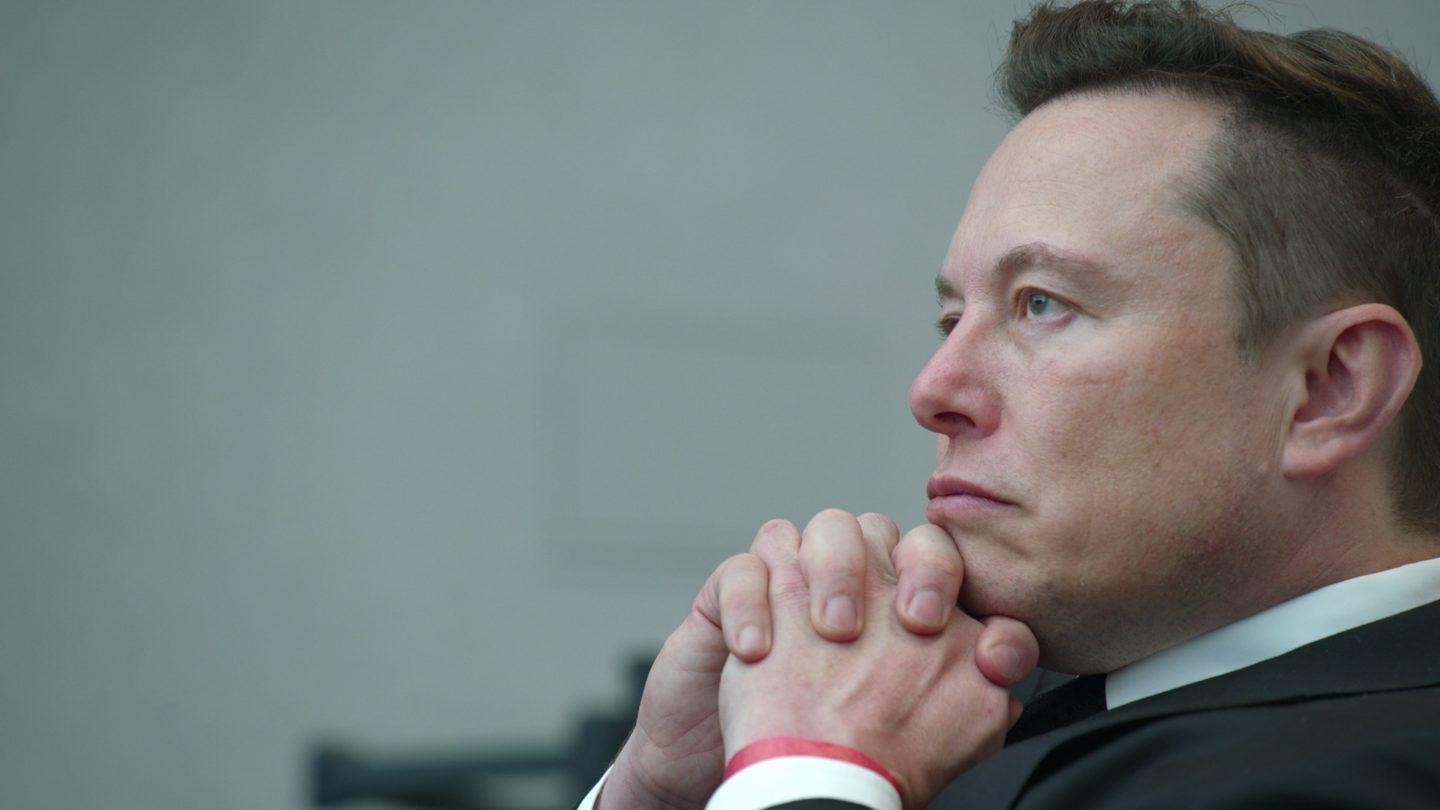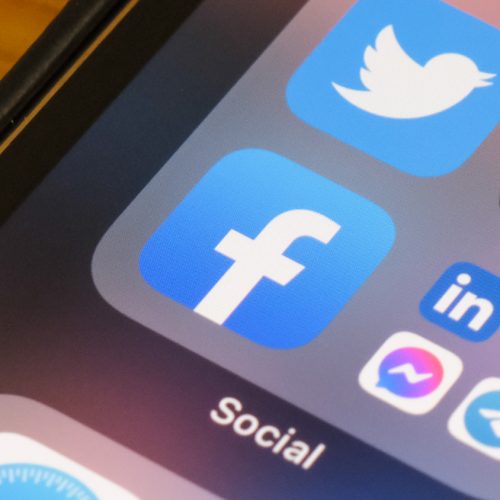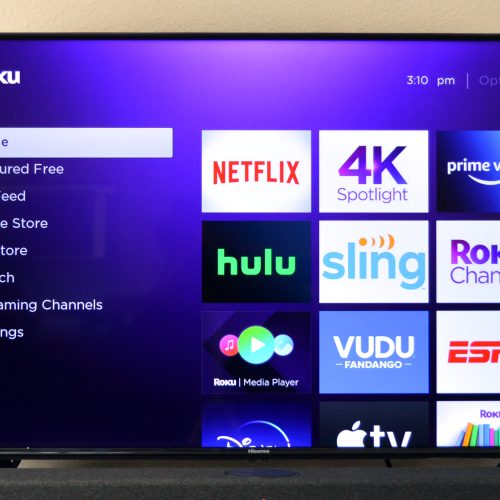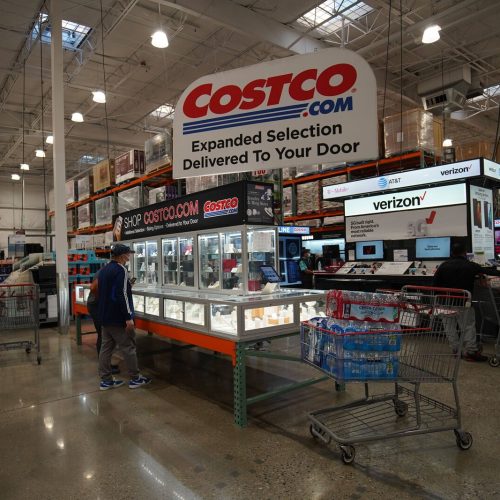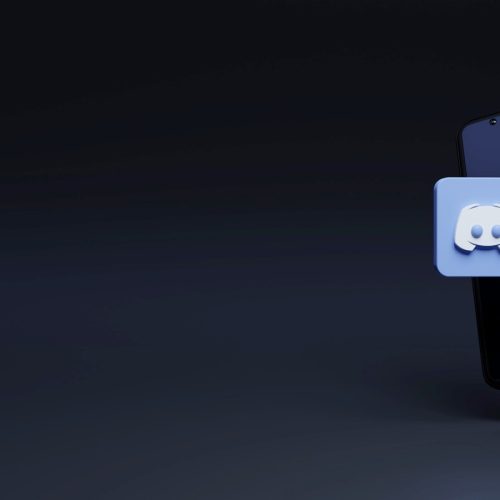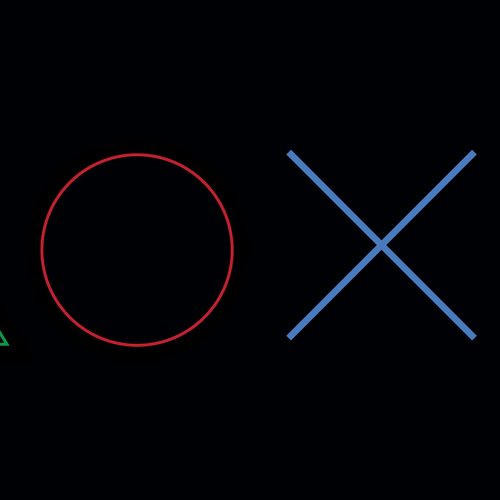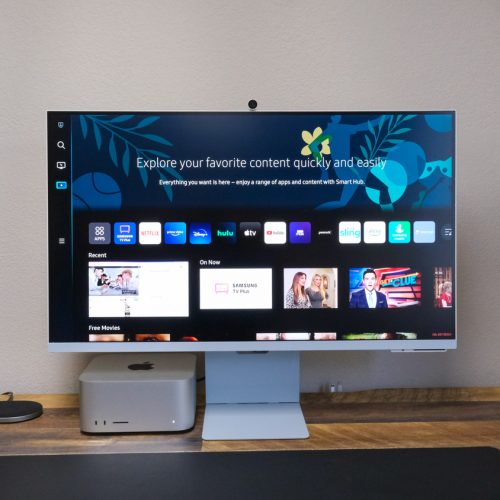Right now, more than 22 million Twitter users follow President Biden’s official @POTUS account on the service. That might sound impressive — until you stop to consider the newly released findings of a Twitter spam audit which found that almost half of the president’s Twitter followers seem to be fake.
The software firm SparkToro quantified that amount at 49.3 percent of the president’s total Twitter following, and defined “fake followers” and Twitter spam thus: “Spam or Fake Twitter accounts are those that do not regularly have a human being personally composing the content of their tweets, consuming the activity on their timeline, or engaging in the Twitter ecosystem.”
This data, of course, comes at what’s arguably an inconvenient moment for Twitter, which Tesla CEO Elon Musk wants to acquire — though he seems to have gotten cold feet in recent days, ostensibly because of this very issue. “Twitter deal temporarily on hold pending details supporting calculation that spam/fake accounts do indeed represent less than 5% of users,” Musk tweeted on Friday, May 13.
How many spam accounts are on Twitter?
The SparkToro numbers would appear to blow up that assumption that the number is below 5 percent. You could argue — and SparkToro does, in some findings near the bottom of this post — that the president’s large percentage of fake followers is at least partly a function of the high-profile nature of his Twitter account. Even so, here’s the firm’s broader assessment of the Twitter spam problem.
“From May 13-15, 2022, SparkToro and Followerwonk conducted a rigorous, joint analysis of 44,058 public Twitter accounts active in the last 90 days,” SparkToro notes in a blog post. “These accounts were randomly selected, by machine, from a set of 130+ million public, active profiles. Our analysis found that 19.42%, nearly four times Twitter’s Q4 2021 estimate, fit a conservative definition of fake or spam accounts (i.e. our analysis likely undercounts).”
Elon Musk vs. Twitter spam
For his part, Musk said on Tuesday (via a tweet, of course) that his $44 billion offer to buy the company is definitely on hold. Until, that is, the company can prove that Twitter spam accounts for less than 5 percent of its user base. “My offer was based on Twitter’s SEC filings being accurate,” Musk tweeted. “Yesterday, Twitter’s CEO publicly refused to show proof of <5% (spam accounts). This deal cannot move forward until he does.”
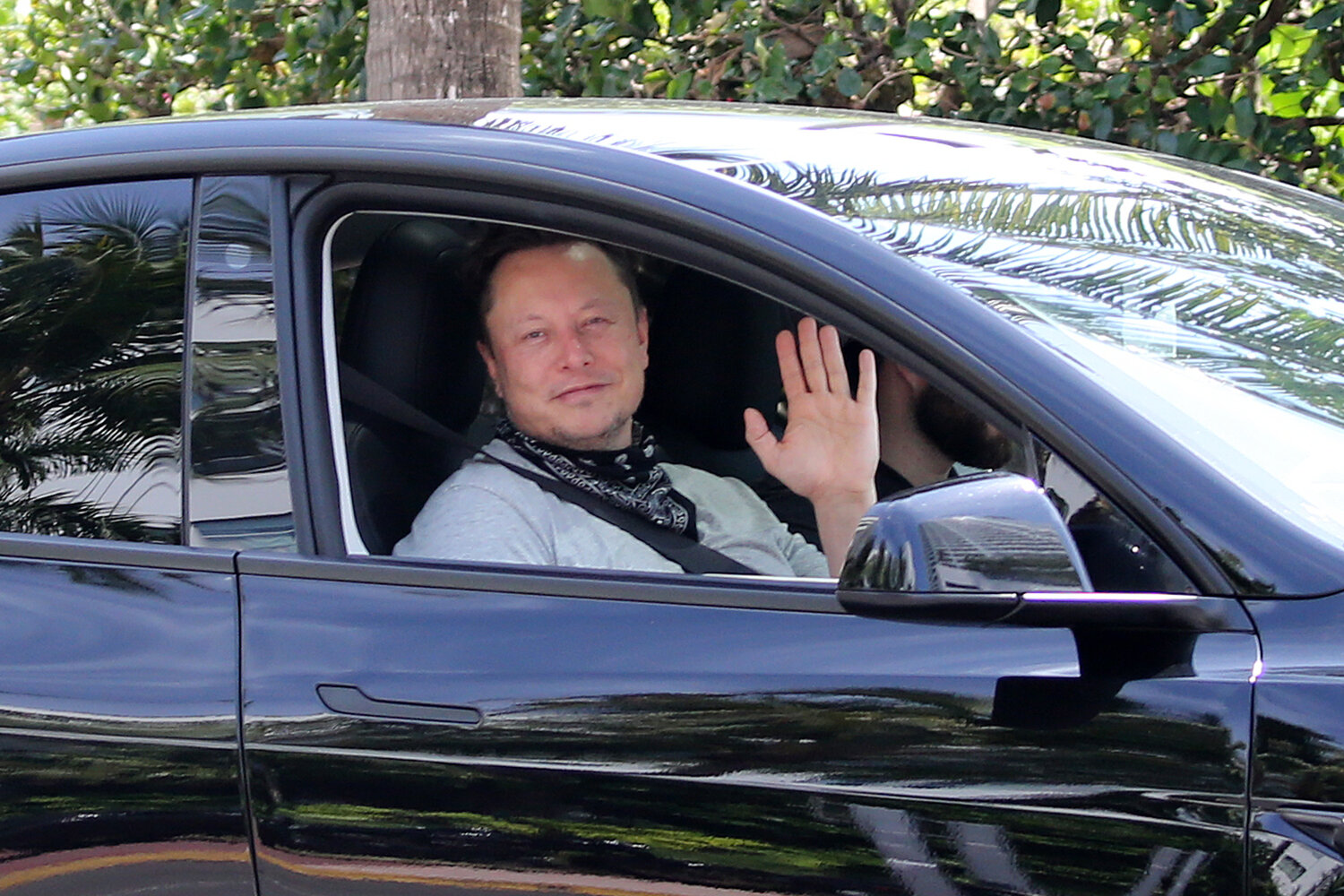
Speaking of Musk, SparkToro’s research also found that a huge chunk of Musk’s own Twitter followers, like the president’s, are fake. Again, from SparkToro’s blog:
“70.23% of @ElonMusk followers are unlikely to be authentic, active users who see his tweets. This is well above the median for fake followers, but is unsurprising (to us, at least) for several reasons:
- Very large accounts tend to have more fake/spam followers than others
- Accounts that receive great deals of press coverage and public interest (like ex-President Trump and Mr. Musk) tend to attract more fake/spam followers than others
- Accounts that Twitter recommends to new users (which often includes @ElonMusk) tend to get more fake/spam followers.”
Elon’s Twitter account
The post goes on to offer some additional context about Musk’s Twitter account, which currently shows 93.8 million followers. If you zero in on only the 26.8 million followers of his Twitter account who’ve tweeted in the last 90 days, though?
At that point, you get a much lower estimation of fake followers. Using that model, SparkToro estimates that only 23.4 percent of Musk’s followers represent Twitter spam accounts and the like.
